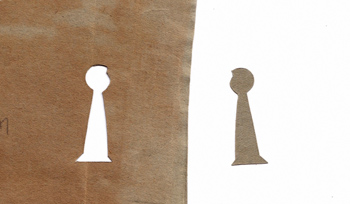Submitted by jhortolani on
NAMIBIA
Title:
State v. Vries
Court:
High Court of Namibia
Citation:
(CR 32.96) [1996] NAHC 20
Date:
19 June 1996
Instrument(s) Cited:
Stock Theft Act 1990 (Namibia), Section 14(1)(b)
Constitution of Namibia, Article 8(2)(b)
Case Summary:
Background:
A 45-year old man was convicted of stealing a goat and sentenced to 18 months imprisonment. He had also been convicted for stealing a sheep 25 years earlier. The Stock Theft Act 1990 (Namibia) provided that a second conviction under that law would result in a mandatory minimum sentence of at least three years. Upon review it was questioned if the original 18-month sentence complied with the minimum sentence.
Issue and resolution:
Mandatory sentences. Whether the mandatory minimum sentence conflicted with constitutional protections against cruel, inhuman or degrading punishment. The Court ruled that three years imprisonment would be grossly disproportionate to the crime and reduced the sentence to six months.
Court reasoning:
The Court argued that a mandatory minimum sentence is not automatically unconstitutional unless it provides for a “shocking” punishment. Applying the mandatory minimum sentence of three years based on another conviction that occurred 25 years earlier was seen by the Court as shocking as it was found to be grossly disproportionate to the crime. Since these circumstances were likely to occur again, the Court ruled that the minimum sentence provision should be struck from the law as opposed to only ruling that it would not be applied in this specific case.
Impact:
The minimum mandatory sentence was struck from the Stock Theft Act 1990.
Notes:
The case has been cited by numerous judicial decisions and academic articles to support the idea that laws with mandatory minimum sentences must be proportionate to the crime.
For more information on the issue of inhuman sentencing of children, including a selection of case law, please see CRIN's 'Inhuman sentencing' campaign.
Link to Full Judgment:
http://www.saflii.org/na/cases/NAHC/1996/20.html
This case summary is provided by the Child Rights International Network for educational and informational purposes only and should not be construed as legal advice.

